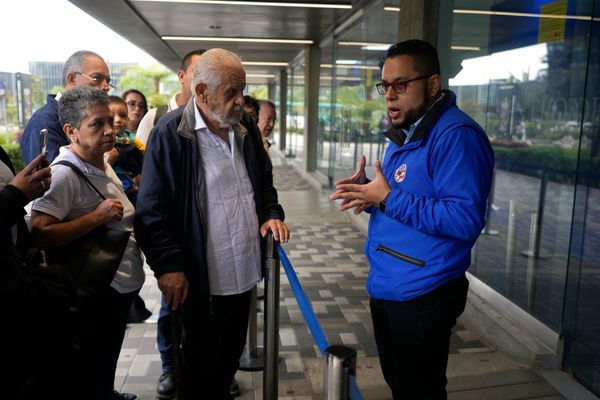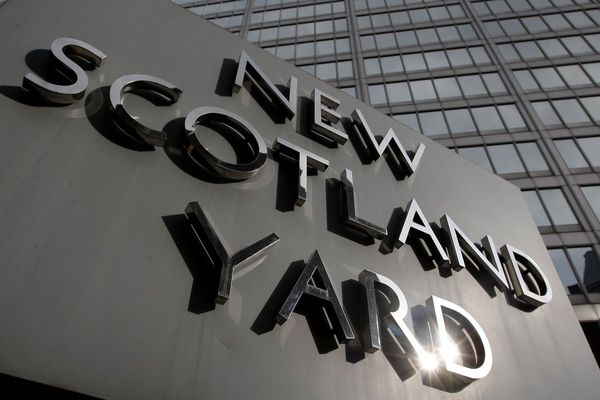
Dubai (AFP) - A truce has brought respite to Yemen after seven years of devastating war, but the blockage of roads remains a "major" humanitarian concern, a UN official has warned.
Yemen's conflict pitting the Saudi-backed government against Iran-backed Huthi rebels has killed hundreds of thousands since 2015 and pushed the country to the brink of famine.
A UN-brokered truce that took effect in early April has provided a rare respite from violence for much of the country and alleviated some of the suffering.
"The situation has improved overall," said Diego Zorrilla, UN deputy humanitarian coordinator for Yemen, citing a drop in casualties, more regular fuel supplies and a resumption of flights.
But "roads are still blocked, so the improvement is not up to people's expectations", he told AFP, referring to one of the main parts of the truce yet to be implemented.
UN special envoy Hans Grundberg has sought to get the warring factions to agree to reopen roads at talks in Jordan, but so far they have resisted, fearing such a move would benefit the other side.
Travel is arduous between the loyalist areas and the rebel-held north, which accounts for 30 percent of Yemen's territory but where 70 percent of the population lives.
The routes are punctuated by roadblocks and detours can see the cost of transportation quadruple, complicating the delivery of aid and depriving many from access to basic services.
'People will die'
"The situation is particularly serious in Taez," a city surrounded by mountains, which is home to between 1.5 million and two million people, said Zorrilla.
The city, which was once an important cultural, academic and historical centre, is split by a 16-kilometre-long (10-mile-long) front line.
About 80 percent of the population lives in the government-held part of Taez, but the rebels control the higher ground where the city's water wells are located.
The divide has kept 16,000 workers from seeing their families, and most people have to buy water in expensive tanks, Zorrilla said.
Access to hospitals has also been hampered in Taez, which is cut off from the rest of the country.
"Instead of travelling 20 minutes for dialysis, patients sometimes have to go all the way to Aden", he said, referring to the southern port city that takes up to nine hours to reach on dangerous mountain roads.
The reopening of the roads is "a major humanitarian, economic and development issue", he said, adding that more than two thirds of Yemen's 30 million people need humanitarian aid.
The UN says it has only secured a quarter of the $4.3 billion it needs to help more than 17 million people needing aid in Yemen this year.
The shortfall is mainly due to declining contributions from the United Arab Emirates and Saudi Arabia, which say they are prioritising their own humanitarian causes.
The two Gulf states, members of a military coalition supporting Yemen's government, in April pledged $3 billion in economic aid to the country, but this has yet to be dispersed.
"People will die" unless the UN receives the necessary funding, said Zorrilla.
"The longer a crisis goes on, the more our attention decreases, but that doesn't mean the situation doesn't get worse."
The truce, which ends on August 2, must be renewed to work towards "the opening of roads and other more ambitious issues", he added.







